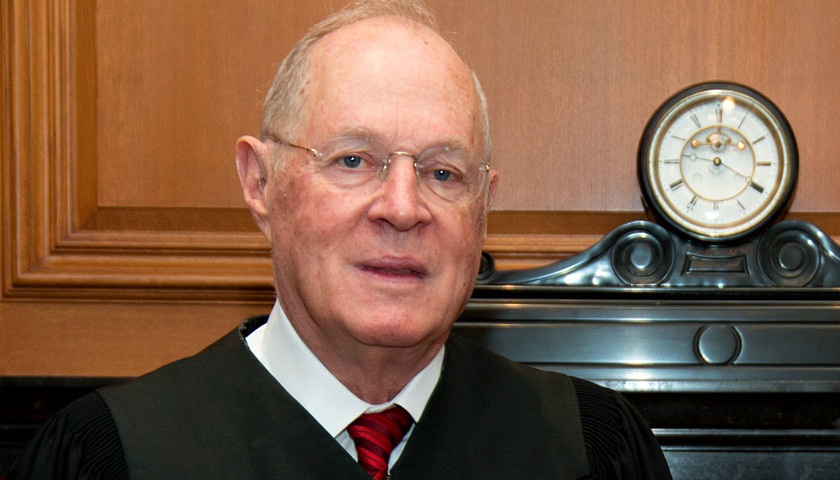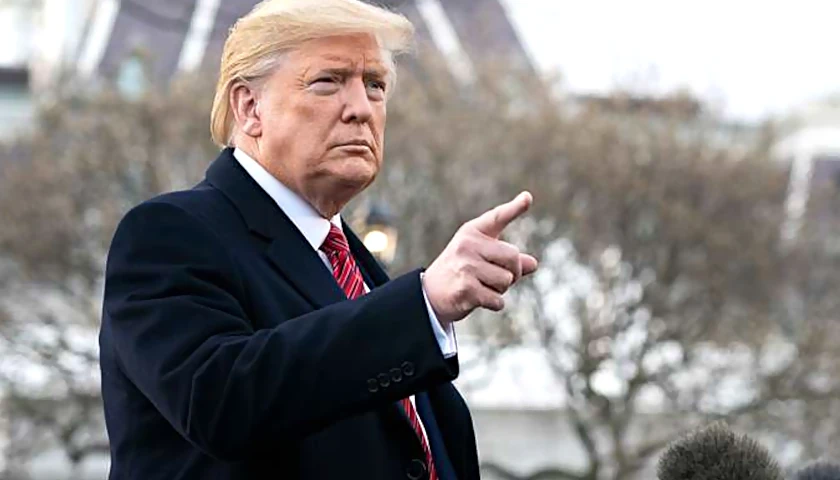In early March Nevada Senator Dean Heller reignited speculation about the long-rumored retirement of Supreme Court Justice Anthony Kennedy, a somewhat conservative but often swing-vote on critical legal issues. The 81 year old Justice who will turn 82 in July is the second oldest serving on the Court, behind Ruth Bader Ginsberg who is 85, and was appointed by President Ronald Reagan after Judge Robert Bork fell short of confirmation. Kennedy is the longest serving Justice on the current court.
Justice Robert Gorsuch, appointed last year by President Donald Trump, once served as a law clerk for Kennedy. While there had been some speculation prior to the appointment of Gorsuch that Kennedy might soon retire, once he was named to the Court most observers correctly assessed that Kennedy would spend at least one term on the Court with his former law clerk. But despite their history and the obvious fondness that Kennedy has for Gorsuch, they have not been completely aligned in their rulings. In divided cases, Kennedy and Gorsuch were on the same side of issues in their first term together 38% of the time; by comparison Gorsuch sided with Justice Clarence Thomas 100% of the time.
As the Supreme Court nears the end of its current term, which normally concludes sometime in June, the speculation about Justice Kennedy’s future is again reaching a fever pitch. And with that speculation there is increasing concern among Democrats that another Trump appointment to the bench could impact decisions for a generation or two by replacing the moderate conservative Kennedy, who has been a critical swing vote on issues like abortion and gay marriage, with a originalist Constitutional conservative in the mold of Gorsuch, Thomas or the late Justice Scalia.
The potential impact of a Supreme Court confirmation battle on the midterm elections is also not lost on political analysts. Democrats are defending Senate seats in ten states that Trump carried in 2016, including 5 he carried by double digits. Reminding conservative and Christian Evangelical voters that the confirmation of Supreme Court Justices (and other federal judges) hangs in the balance with control of the Senate would serve to energize that critical Republican base heading towards November. Democrats want that Republican base complacent rather than fully engaged and mobilized. A Kennedy retirement would not only create a mobilization during the confirmation fight but also carry into the November elections with the prospect of another vacancy on the Court looming in 2019 due to the age and ill health of Justice Ginsberg.
Senator Heller desperately wants a Kennedy retirement in order to increase the likelihood that he can retain his seat in a state Hillary Clinton carried in 2016. Meanwhile, Democrat Senators like Joe Manchin (WV), Claire McCaskill (MO), Joe Donnelly (IN), and others would prefer he serve for at least another year. None of them will have any impact on Kennedy’s decision; but all will be impacted by his decision — one which may determine who controls the Senate in 2019. Ironically, the “swing” vote on the Supreme Court will issue an important decision that will be a huge factor in whether or not political power in the Senate “swings” from one party to the other.




